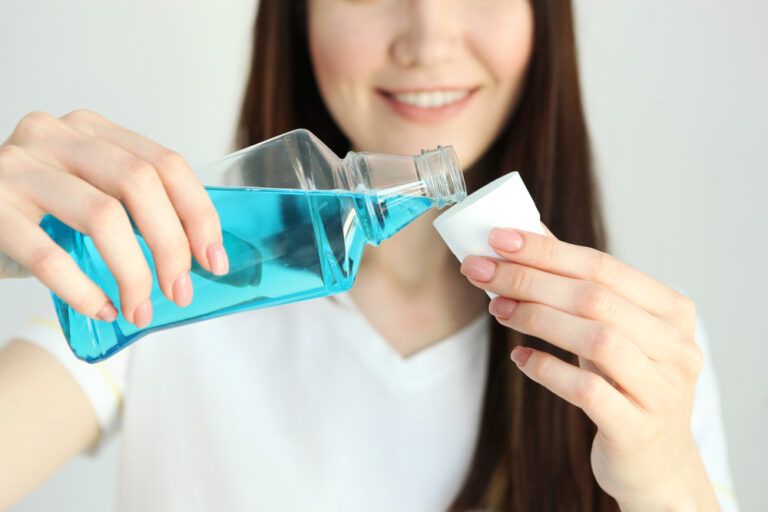In the world of oral hygiene, mouthwash plays an important yet often misunderstood role. At Romans & Soltani Dentistry in Camillus, NY, Dr. Anna Romans and Dr. Sheila Soltani aim to demystify mouthwash, showcasing its benefits and proper usage for optimal oral health.
The Multifaceted Roles of Mouthwash
Mouthwash isn’t just a breath freshener; it’s a versatile player in oral care. Here’s what it can do:
- Fights Plaque and Gingivitis: Many mouthwashes contain antiseptic agents that help reduce plaque buildup and prevent gingivitis, enhancing your daily brushing and flossing routine.
- Cavity Protection: Fluoride mouthwashes strengthen tooth enamel, aiding in the fight against cavities. This is particularly beneficial in complementing our General Dentistry services.
- Freshens Breath: While not a cure for halitosis, mouthwash can temporarily mask bad breath, giving you a quick confidence boost.
- Soothes Oral Irritations: Some formulations are designed to soothe canker sores or other oral irritations, providing relief and promoting healing.
Choosing the Right Mouthwash
With a myriad of options available, selecting the right mouthwash can be overwhelming. Consider these factors:
- Alcohol vs. Alcohol-Free: Alcohol-based mouthwashes have a strong antibacterial effect, but can be drying. Alcohol-free options are gentler, especially for those with sensitive mouths or conditions like dry mouth.
- Fluoride Content: For added cavity protection, opt for a fluoride mouthwash. This is particularly important for those prone to tooth decay.
- Therapeutic vs. Cosmetic: Therapeutic mouthwashes offer dental health benefits like reducing plaque or gingivitis, while cosmetic ones primarily freshen breath.
Integrating Mouthwash into Your Oral Care Routine
- When to Use: The ideal time to use mouthwash isn’t immediately after brushing, as it can wash away the concentrated fluoride in the toothpaste. Instead, use it at a different time – perhaps after lunch or in the afternoon.
- The Right Technique: Swish the mouthwash around your mouth for 30 seconds to a minute to allow it to reach all areas.
- Not a Substitute: Remember, mouthwash is an adjunct to, not a replacement for, brushing and flossing.
Special Considerations in Dental Treatments
For patients undergoing certain dental treatments, mouthwash can play a supportive role:
- Invisalign Wearers: An antimicrobial mouthwash can help maintain a clean environment around aligners.
- Post Dental Bonding or Teeth Whitening: A fluoride mouthwash can help fortify enamel and maintain treatment results.
- Dental Implants & Crowns and Bridges: A gentle, antibacterial mouthwash can aid in maintaining the health of surrounding gum tissue.
For Our Young Patients
In our Pediatric Dentistry services, we recommend alcohol-free, fluoride mouthwashes for children, teaching them early about comprehensive oral care.
Your Dental Health Partner
At Romans & Soltani Dentistry, we believe in empowering our patients with knowledge. Understanding the role and proper use of mouthwash is a small yet significant part of maintaining excellent oral health.
Connect with Us
If you’re in Camillus, NY, and looking to enhance your oral hygiene routine, Dr. Anna Romans and Dr. Sheila Soltani are here to assist. Contact us today at 315-487-1545 or visit our website for personalized advice and to explore our range of dental services. Whether it’s about selecting the right mouthwash or any other aspect of dental care, we’re committed to providing you with the guidance and support you need for a healthy, vibrant smile.
Sources
- American Dental Association (ADA): Guidelines on the benefits and proper usage of mouthwash in oral hygiene.
- Journal of Clinical Periodontology: Research on the effectiveness of different types of mouthwashes in preventing gum disease and maintaining oral health.
- International Journal of Dental Hygiene: Studies on the impact of mouthwash on overall dental care, including its role in specific dental treatments.




